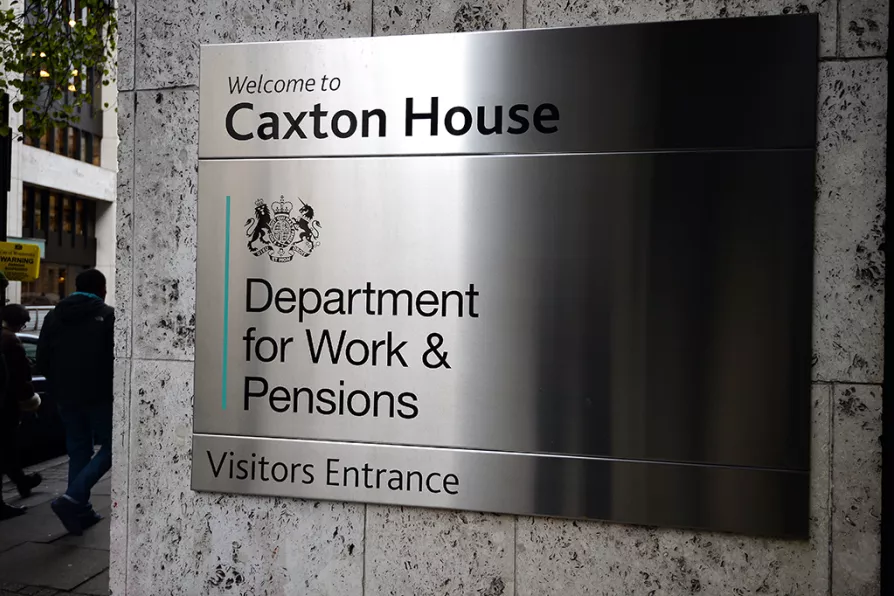The Mandelson scandal reveals a political settlement in which democratic choice is curtailed and the power of markets eclipses the will of voters – only the left can challenge this, writes JON TRICKETT MP


AS WE enter the deepest recession in living memory, many more workers will be thrown on the dole, especially when the furlough scheme ends. Spare a thought for those essential workers, who, throughout the national lockdown, have held up the welfare safety net for the nation to make sure the massive upturn in benefits applications were processed.
Most civil servants in the Department for Work and Pensions were not given a homeworking opportunity these past six months. Because of a lack of investment in IT that could facilitate homeworking, most struggled to balance work/home life, caring, home-schooling and all the other “new normal” pressures of lockdown living, while still having to use public transport to commute to their workplaces and rapidly adapt to new health and safety workplace measures.
And all so that they could process the huge surge in benefit claims as businesses collapsed because the economy too became locked down.

DYLAN MURPHY reports that far from helping people back into work, the sanctions regime is inflicting unnecessary trauma on working-class families

Labour will find increases in the state pension age are unacceptable, just as cuts to the Winter Fuel Allowance, personal independence payments and universal credit are — it needs to change direction immediately, writes PCS general secretary FRAN HEATHCOTE












